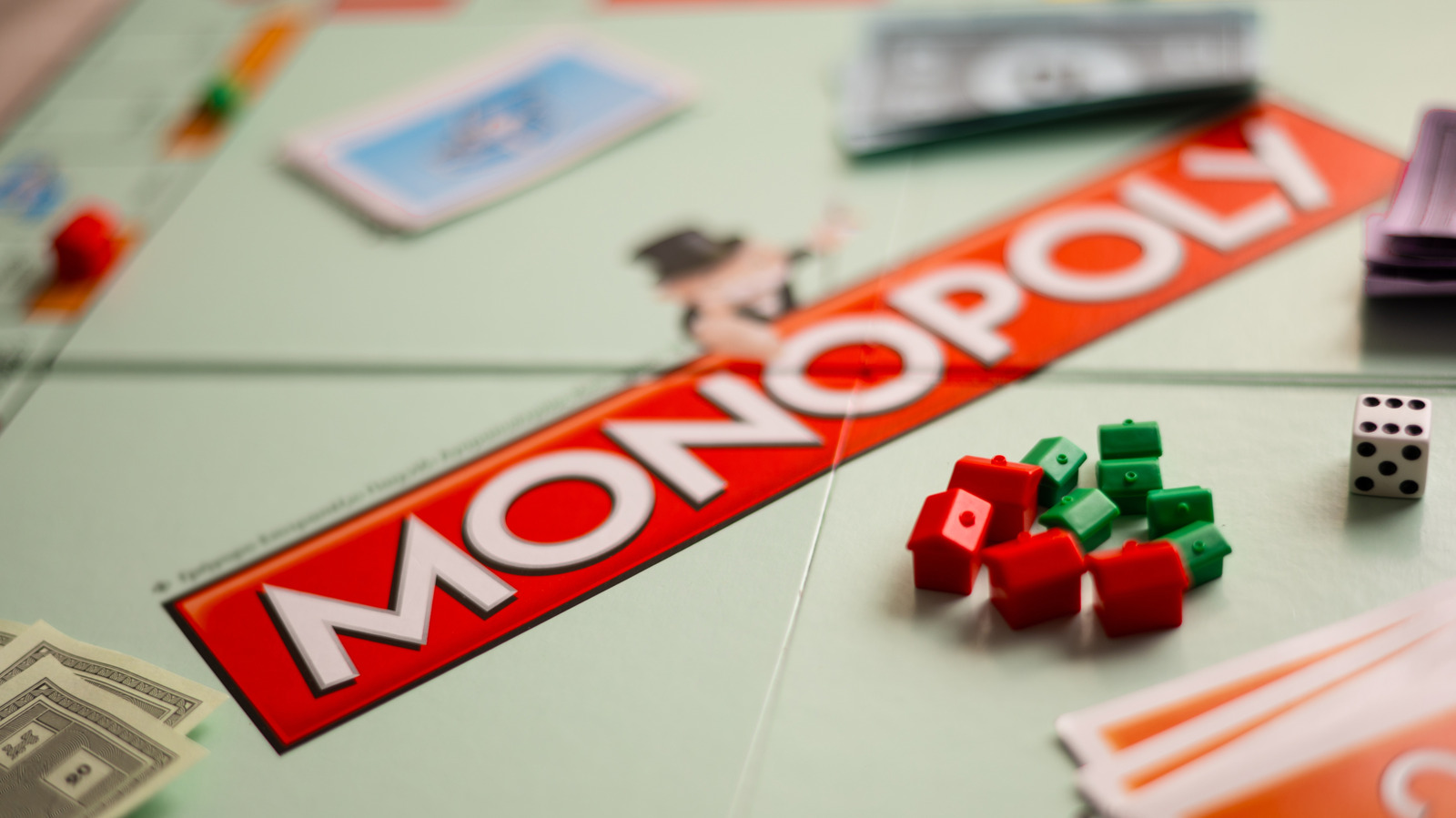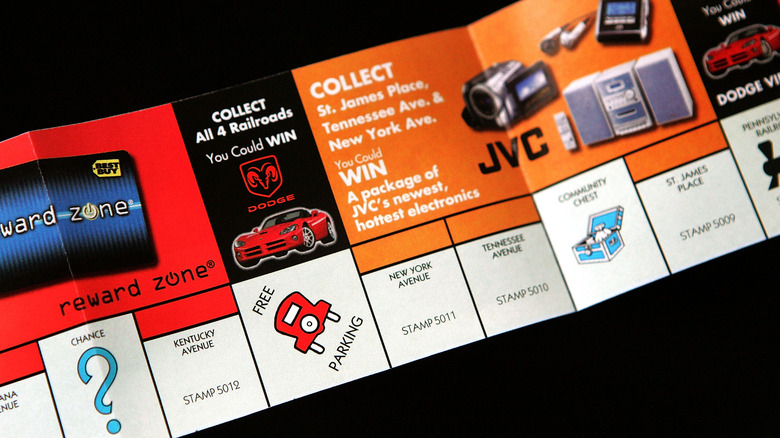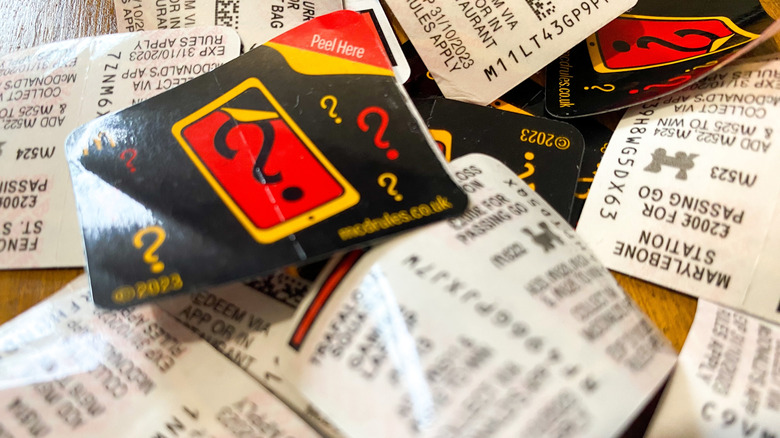If you ate at McDonald’s in the ’90s, you may remember the chain’s annual Monopoly game. Certain items, like a medium drink, a large fries, or a Big Mac, would come with a peel-off sticker. Some stickers would give you a free menu item like an irresistible apple pie, while others featured properties from the Monopoly board. Collect all the properties of one color (for example, dark blue Boardwalk and Park Place) and you’d win bigger prizes, which included cars, electronics, and cash. Oh, and it turned out to be one of McDonald’s biggest mistakes ever.
Thanks to a long running scam targeting the game, one former police officer made out with $24 million over 13 years manipulating the game. The short version goes like this: A marketing firm called Simon Marketing developed the Monopoly game for McDonald’s, after having already helped promote Happy Meals and managing most of McDonald’s’ promotions. Simon hired a printing company to print all the pieces of the Monopoly game, and former cop Jerry Jacobson just happened to land a job with that exact printing company, although he eventually ended up officially employed by Simon Marketing. He was responsible for supervising the whole printing process, which meant he had access to the all-important winning Monopoly pieces. Those could win someone cash or prizes worth tens or even hundreds of thousands of dollars, so Jacobson handed them off to people he knew in exchange for a cut of the winnings they’d claim.
How Jerry Jacobson got away with it for a long time
As that $24 million figure suggests, Jerry Jacobson didn’t just pilfer a few key pieces and leave it at that. His scam ran for over a decade from 1989 to 2001 (the Monopoly game debuted in 1987), and almost every person who won a major prize over that period had some connection to Jacobson’s plot.
A key reason why he could get away with it for so long was that he wasn’t just an employee, he was head of security for the promotion, and one of his roles was ensuring that the valuable pieces would be fairly distributed, meaning that their eventual destinations were chosen by random draw. It wasn’t that Simon Marketing were lazy about security: The valuable pieces were in tamper-proof containers and Jacobson was monitored by an auditor from outside the company. But a stroke of luck meant that the company that produced the seals accidentally mailed a package of them directly to him, so he could sneak into bathrooms while transporting the winning pieces and switch them over.
While Jacobson first started handing the winning pieces off to trusted people close to him, he eventually developed a network of collaborators to help distribute them. People who “bought” Monopoly pieces from him sometimes had to be carefully managed when it came to redeeming prizes, as it would look suspicious if all prize winners were cropping up in one place, even though winning pieces were supposed to be more widely distributed.
The exposure and aftermath of the scam
The FBI received an anonymous tip about the scam, which led them to start digging into the winners. It became clear that a strange number of them were in Georgia (Jerry Jacobson’s home state) and Florida (where he had connections). As the annual Monopoly game unfolded in 2001, Jacobson was a natural suspect due to his security role, and wiretaps and other monitoring gave them the evidence to make definitive arrests. Over 50 people were convicted of mail fraud or conspiracy charges, and Jacobson landed 37 months in prison and an order to pay millions in restitution.
If you wondered why you never heard about such an enormous scam, it’s likely because the key trial started on September 10, 2001, meaning it was overshadowed by the 9/11 attacks. However, it eventually became the subject of a six-part HBO documentary, “McMillions,” which was released in 2020.
Despite the huge losses, the scam didn’t entirely spell the end of McDonald’s’ Monopoly promotions. The burger giant still runs the game annually in countries like the U.K. and Germany — although the game has been criticized for its public health effects, as it’s seen as encouraging fast food consumption. As for the United States, the scandal killed off the Monopoly game in the early 2000s. An NFL-themed game called Game Time Gold with similar mechanics took its place in 2015 but seems to have been a one-off.







